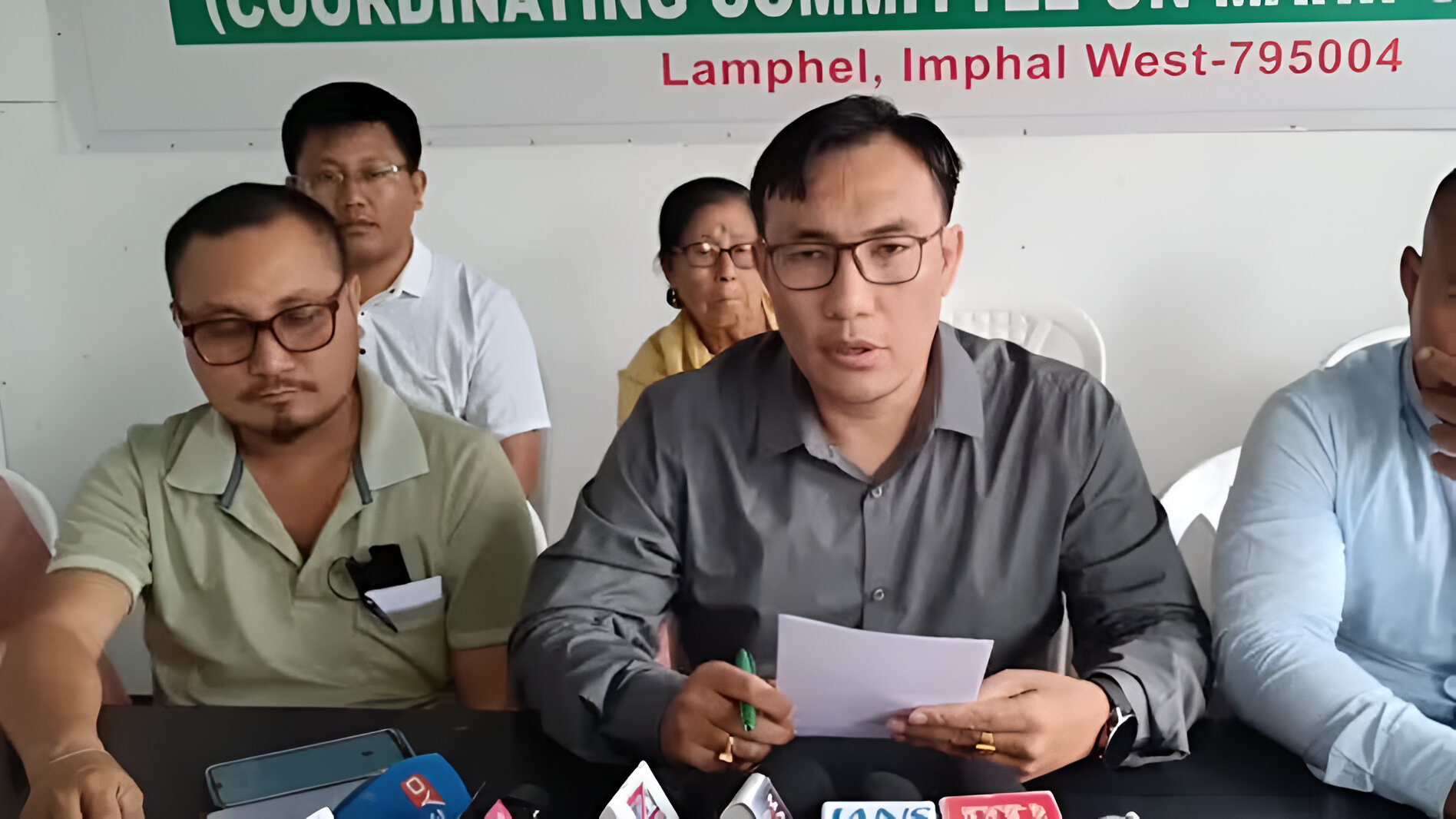COCOMI Demands Urgent Action as Manipur Floods Wreak Havoc
📰 Quick Summary
In the wake of devastating floods in Manipur, the Coordinating Committee on Manipur Integrity (COCOMI) has criticized the state government’s response, labeling it as slow and poorly coordinated. COCOMI has launched a Flood Relief & Emergency Helpline and is actively mobilizing volunteers to assist affected communities. The organization is calling for immediate action reports from state agencies, transparent disclosure of relief packages, and the establishment of a permanent State Disaster Response Task Force to better handle such crises in the future.
Manipur’s Flood Crisis: A Deep Dive
The Situation on the Ground
Manipur is currently grappling with severe flooding that has affected thousands of residents. The Imphal Valley, in particular, has been inundated due to continuous heavy rainfall, leading to the displacement of numerous families and significant damage to infrastructure. Emergency response teams, including the State Disaster Response Force (SDRF) and the army, have been deployed to assist in rescue and relief operations.
Humanitarian Impact
The floods have had a profound impact on the local population. Thousands have been displaced, with many seeking shelter in relief camps. Essential services have been disrupted, and there is a pressing need for food, clean drinking water, and medical assistance. Educational institutions have also been affected, with schools in certain districts temporarily closed to ensure the safety of students and staff.
COCOMI’s Response and Demands
Immediate Actions Taken
COCOMI has taken proactive steps to assist those affected by the floods. The organization has set up a Flood Relief & Emergency Helpline at Khurai Lamlong Keithel to coordinate relief efforts and mobilize volunteers. Their teams have conducted field surveys to assess the situation firsthand and identify the most pressing needs of the impacted communities.
Calls for Systemic Changes
Beyond immediate relief, COCOMI is advocating for long-term solutions to enhance the state’s disaster preparedness. Their recommendations include
- Establishment of a Permanent State Disaster Response Task Force: A dedicated team equipped to respond swiftly to emergencies.
- Decentralized Emergency Response Units: Setting up units in each district and sub-division to ensure timely assistance.
- Infrastructure Upgrades: Improving flood management and drainage systems in flood-prone areas.
- Digital Relief Tracking System: Implementing technology to monitor relief distribution and ensure transparency.
- Annual Pre-Monsoon Risk Assessments: Conducting evaluations to identify potential risks and prepare accordingly.
- Community Awareness Programs: Educating the public on disaster preparedness and response.
- Pre-Allocated Emergency Funds: Ensuring funds are available for immediate use during disasters, with mechanisms for public auditing.
- Involvement of Civil Society: Formally integrating civil society groups into disaster planning and operations to strengthen community resilience.
FAQs
Q1: What is COCOMI?
A: The Coordinating Committee on Manipur Integrity (COCOMI) is a coalition of Meitei civil society organizations in Manipur, focusing on preserving the state’s territorial integrity and addressing socio-political issues.
Q2: How can I contribute to the flood relief efforts in Manipur?
A: Individuals can contact the COCOMI Flood Relief & Emergency Helpline at Khurai Lamlong Keithel to offer donations or volunteer assistance.
Q3: What are the main challenges faced by flood-affected communities in Manipur?
A: Affected communities are dealing with displacement, lack of access to clean water, food shortages, and disrupted healthcare and education services.
Q4: What long-term measures are being proposed to prevent future disasters?
A: COCOMI recommends establishing a permanent disaster response task force, upgrading infrastructure, implementing digital tracking systems, and conducting regular risk assessments
Q5: Why has the state government’s response been criticized?
A: COCOMI and other organizations have labeled the government’s response as slow and poorly coordinated, leading to increased reliance on civil society groups for relief efforts.


